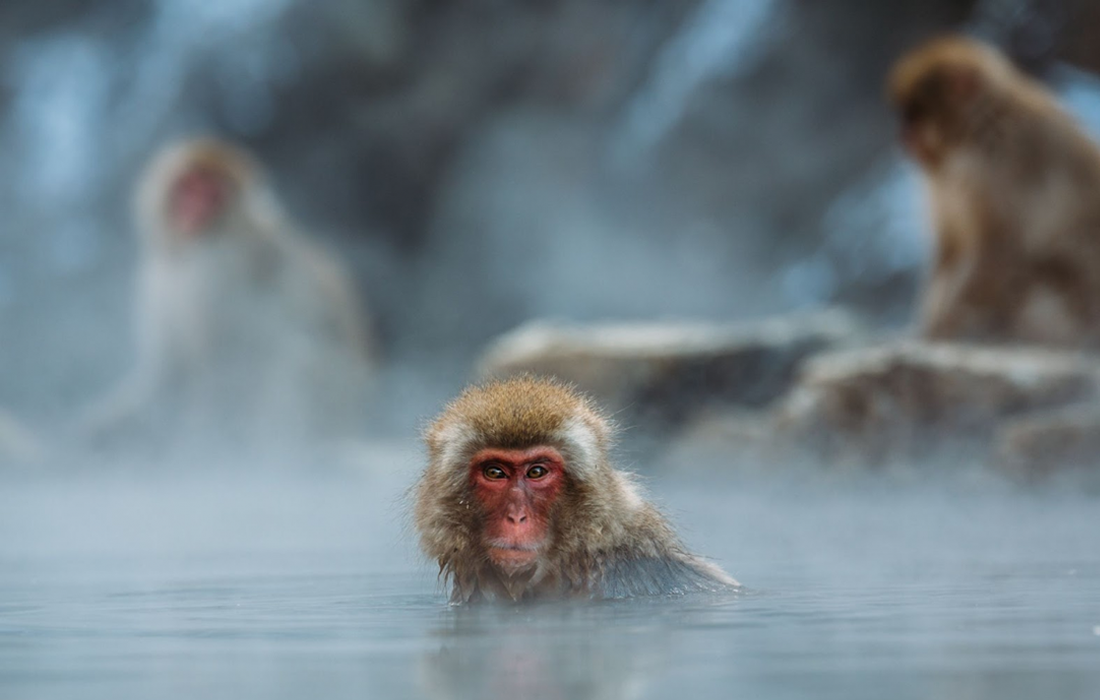Stem Cell Therapy for Specific Conditions
Advances on Stem Cell Differentiation: Successfully Inducing Primate Oocytes
The many types of cells in the human body are produced through the process of differentiation, in which stem cells are converted to more specialized types. Currently, it is challenging for researchers to control the differentiation of stem cells in the lab. Of particular interest are oocytes, which are female germ cells that develop into eggs.
A new study led by Dr. Mitinori Saitou has successfully induced meiotic (dividing) oocytes from the embryonic stem cells of cynomolgus monkeys. By establishing a culture method for inducing the differentiation of meiotic oocytes, the researchers aimed to shed light on germ cell development in both humans and other primates.
The team previously reported conditions for inducing oogonia, the precursors of oocytes. Similarly, human primordial germ cell-like cells from cynomolgus monkeys were induced to differentiate into oogonia but did not progress to meiotic (dividing) oocytes. To overcome this hurdle, the induced oogonia were isolated and re-aggregated with somatic cells from the ovaries of female mouse embryos and cultured again.
Under these new culture conditions, the cynomolgus monkey oogonia were successfully induced to differentiate into meiotic oocytes, but their development stopped at the second stage of meiosis. Single-cell transcriptome analysis showed that the transcriptomic dynamics of the oocytes in vitro (in the lab) were similar to those of oocytes in vivo (in our body). The researchers also identified differences in gene expression between the in vitro and in vivo oocytes, which suggested a bottleneck for in vitro oocyte development that might lead to the arrest of meiosis in vitro.
Furthermore, the authors found that there were unique methylation dynamics also found in human oogonia induced in vitro, suggesting that the mechanisms underlying female germ cell development may be the same across primate species.
Asked about the potential impact of their study, first author Dr. Sayuri Gyobu-Motani says, “We hope that our culture system can aid in the conservation of endangered species and the creation of in vitro oocyte induction systems for other mammalian species with long lifespans.”
Understanding their development could have far-ranging impacts, from infertility treatment to conservation of endangered species.
Sources:
Sayuri Gyobu‐Motani, Yukihiro Yabuta, Ken Mizuta, Yoshitaka Katou, Ikuhiro Okamoto, Masanori Kawasaki, Ayaka Kitamura, Tomoyuki Tsukiyama, Chizuru Iwatani, Hideaki Tsuchiya, Taro Tsujimura, Takuya Yamamoto, Tomonori Nakamura, Mitinori Saitou. Induction of fetal meiotic oocytes from embryonic stem cells in cynomolgus monkeys. The EMBO Journal, 2023; 42 (9) DOI: 10.15252/embj.2022112962
Kyoto University. “Researchers successfully induce primate oocytes in the lab.” ScienceDaily. ScienceDaily, 25 May 2023. <www.sciencedaily.com/releases/2023/05/230525141343.htm>.
Images from:
Photo by Steven Diaz
https://unsplash.com/photos/Shuj-9LqHwk

